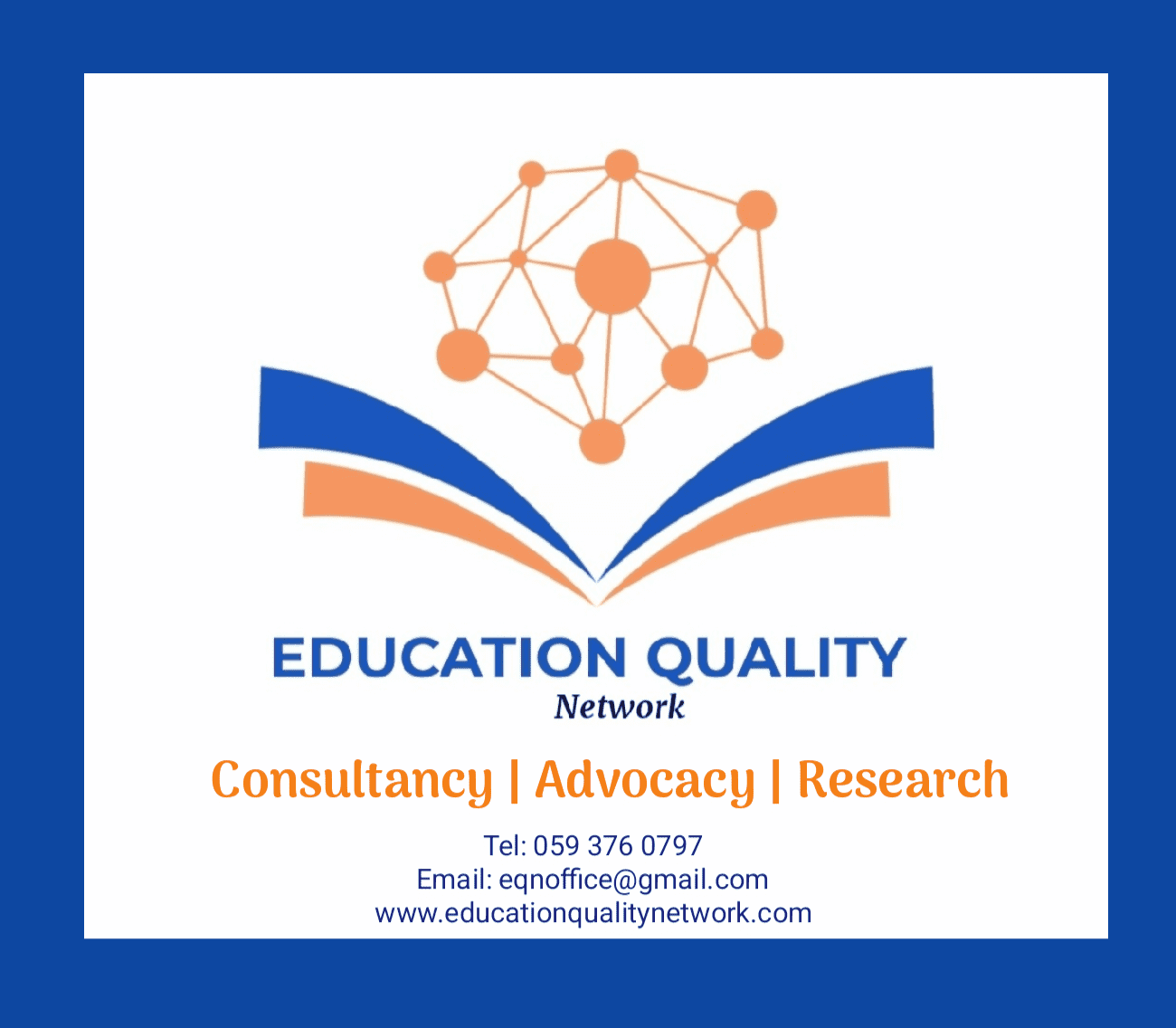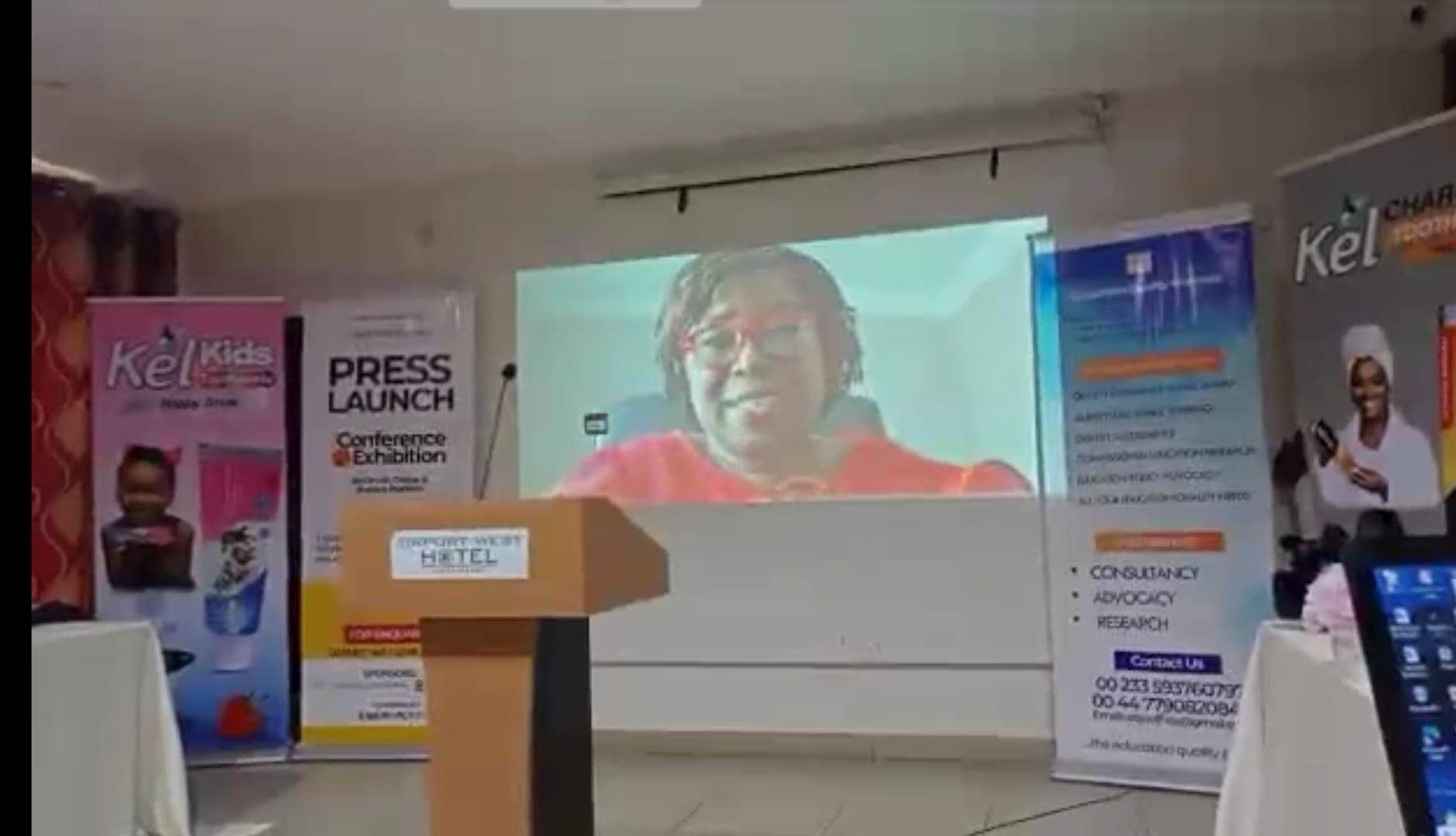Quality. Access. Relevance.
According to Winthrop et al (2018), there are two main global educational challenges, namely, skills inequality and skills uncertainty. Inequality is believed to exist in both wealthy and poor countries. In other words, schools across the globe serve some children better than others. For developing countries, the authors argue that it will take decades and centuries for children in poor countries to catch up with educational levels of children in wealthy countries. To close this gap, a developing country like Ghana needs to 'leapfrog' its education to enable its children to bridge this gap. Educators in developing countries must adopt a leapfrog mindset. Education, therefore, must seek to achieve quality, access and relevance, simultaneously. The current system where access is achieved first, then quality and relevance is outdated.
We provide bespoke services.
Consultancy
We provide advice and expertise on quality assurance management to educational institutions to help them improve performance in terms of the quality of education provided. Our consultancy services spread across a variety of areas including strategy, management, governance, human resources, benchmarking and careers education in educational settings. We also provide policy advice and undertake monitoring and evaluation assessments for regulatory bodies and educational institutions.
Research
Research informs and enhances a society's growth by advancing knowledge. By researching, a society will be able to explore, describe and explain its social issues and why it has happened, with the view to find a solution or change policy direction. It is in this regard that we undertake research on quality assurance, educational policy and issues for our own publication or on behalf of organisations. Partner with us or commission us to undertake research for your organisation to enable you to make data-driven decisions.


